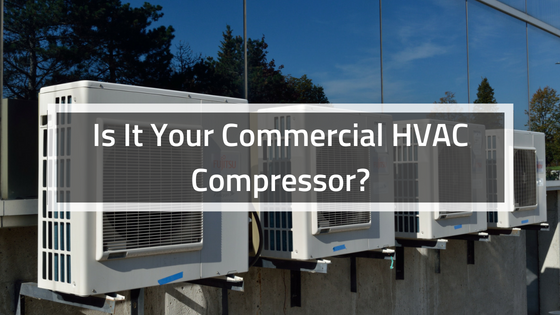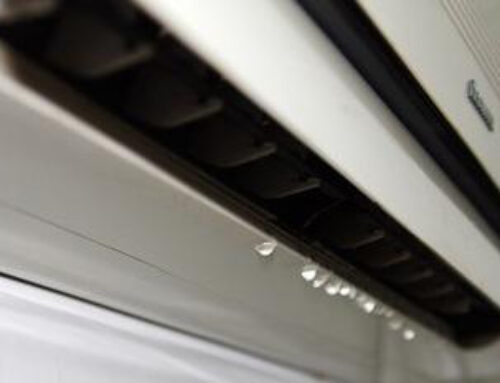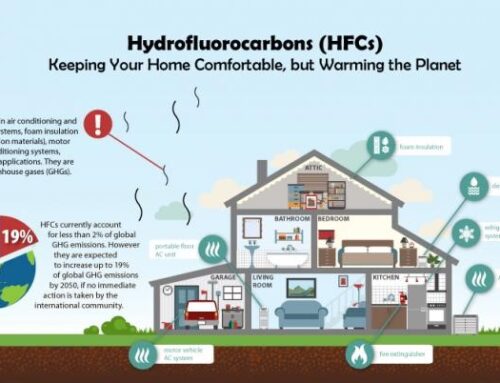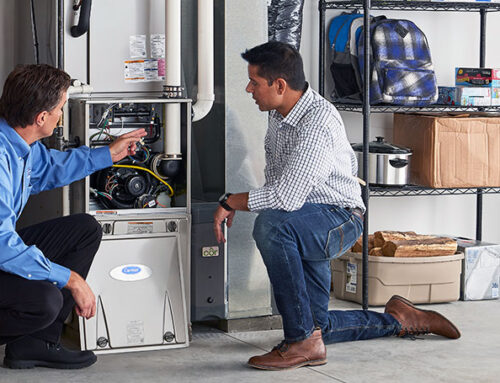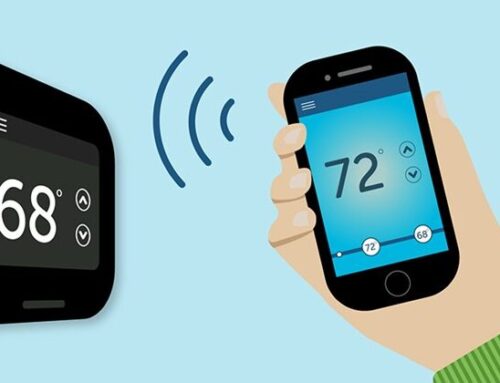5 Signs Your Compressor is Failing!
The compressor is one of the most important parts of an AC system. The compressor is responsible for actually cooling the air that’s passed through the system. Compressors are also very expensive to replace. By watching out for these warning signs that your compressor is in trouble, you can prevent breakdowns and save money!
The following signs indicate that there may be something wrong with your compressor or AC, so if you notice one of these, call Express right away!
- Hard Starting– When an AC struggles to turn on and quickly turns off, it is hard starting. This means the compressor is trying to turn on despite resistance, which uses a lot of energy. Technicians can use a hard-start kit to boost the compressor and allow it to run like normal.
- Abnormal noises– If your AC suddenly starts making noises that are out of the usual- clicking, rattling, grinding, etc.- it can be a sign of loose parts, a worn-down motor, failed relays, or dying capacitors. All of these can lead to the breakdown of your AC and should be examined.
- Tripped circuit breaker– If a circuit breaker is tripped by the outdoor AC unit, it could be caused by too much strain on the compressor. A technician can diagnose and alleviate the issue.
- Leaks– If you begin to notice puddles around the condenser, it’s likely that the compressor is leaking refrigerant. The AC will require a lot more energy to keep cooling and eventually will break down. Technicians can refill the refrigerant and patch the leak.
- AC slowed down– If the air isn’t cooling to the right level or the AC has significantly slowed down, something in the system isn’t working to capacity. One possible cause is compressor failure. A trained technician can examine and diagnose the problem for repairs.
If you notice that your commercial AC is exhibiting one or more of these signs, call Express Refrigeration in Sacramento, CA today and we’ll help you save your compressor from an expensive and inconvenient breakdown. Our technicians are here to help! If you want to find out more about the causes of these compressor issues, check out our other blog post: 5 Causes of Compressor Trouble.


